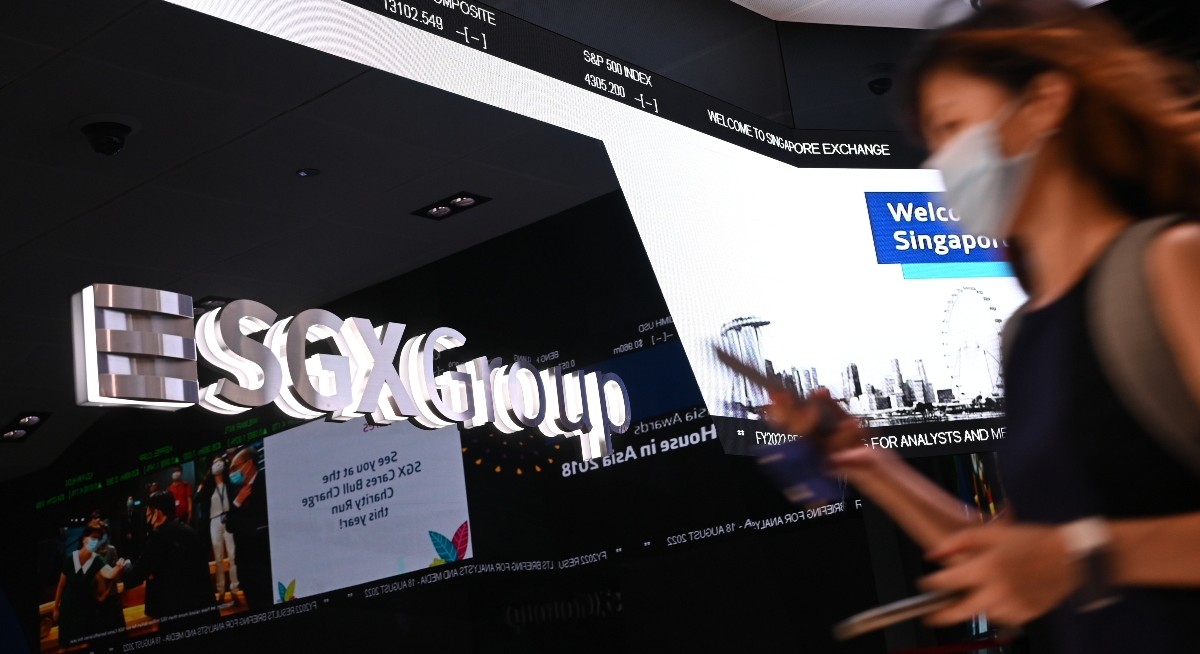SGX arrived at the 27 core metrics last December after reviewing the most common data points in companies’ sustainability reports — a compulsory annual document for liscos since 2016.
On the free-to-use ESGenome, companies input data for each ESG metric just once. The platform will automatically map the data across globally recognised ESG reporting standards and frameworks, such as the Global Reporting Initiative (GRI), Task Force on Climate-Related Financial Disclosures (TCFD) and more.
Companies can also make additional disclosures across more than 3,000 ESG metrics, depending on materiality and their business needs.
This comes as SGX expects climate-related disclosures from liscos for FY2022 on a “comply-or-explain” basis.
See also: Google joins Singapore’s green fuel tests ahead of flight levy
Once ESGenome achieves a “critical mass of data” from liscos, investors will be able to access comparable sustainability reports across companies, says Chan Kum Kong, managing director and head of research, SGX Group. “In an ideal world, these metrics should be readily available, much like financial statements currently, because there will be consistency and comparability.”
ESGenome is a Software-as-a-Service (SaaS) solution operated by World Wide Generation, a UK-based ESG solution provider.
Speaking at a media conference, Chan says developing the platform took more than a year. This included a four-month pilot of the platform with more than 40 participating liscos, such as Singtel, CapitaLand Investment, Lendlease Global Commercial REIT, First REIT and OUE Lippo Healthcare.
See also: Refurbishing Hong Leong Building not just about saving money, says architect
While SGX does not expect every company to use ESGenome for their sustainability reports, Chan says regulators are considering making the portal mandatory for listed companies.
That said, SGX is mindful of the cost of data collection. “What's very important in any one of these exercises, we have to make sure that the cost is optimised. We have to stage it in a manner where companies will be able to acclimatise,” says Chan.
Liscos first, Singapore Inc next
SGX ESGenome is one of the four digital platforms of MAS’s Project Greenprint, a joint effort with the local bourse to simplify, standardise and improve corporate disclosures, as well as enhance stakeholder access and use of consistent and comparable ESG data.
The eventual goal is for all companies here, or “Singapore Inc”, to use the platform, says Chan. “If Singapore [companies] are able to provide that, then the network effect of the information and the data provided is quite powerful and effective.”
MAS will draw on the learnings from ESGenome to address the reporting needs of the broader universe of corporates, notably small and medium-sized enterprises (SMEs), and supply chain partners and suppliers.
With comparable data, for example, SMEs would be able to submit green loan applications with ESGenome’s reports, says Chan. “It takes away some of the stink of greenwashing.”
SGX and MAS are footing the bill for developing and maintaining the platform. While Chan declined to reveal the cost of the project, he notes that “at some point, it needs to have a self-sustaining angle”. “We will look towards some of the analytics downstream to see how we can have a revenue line to this.”




